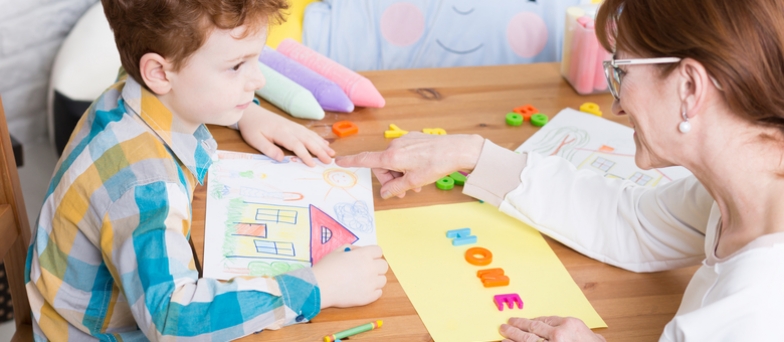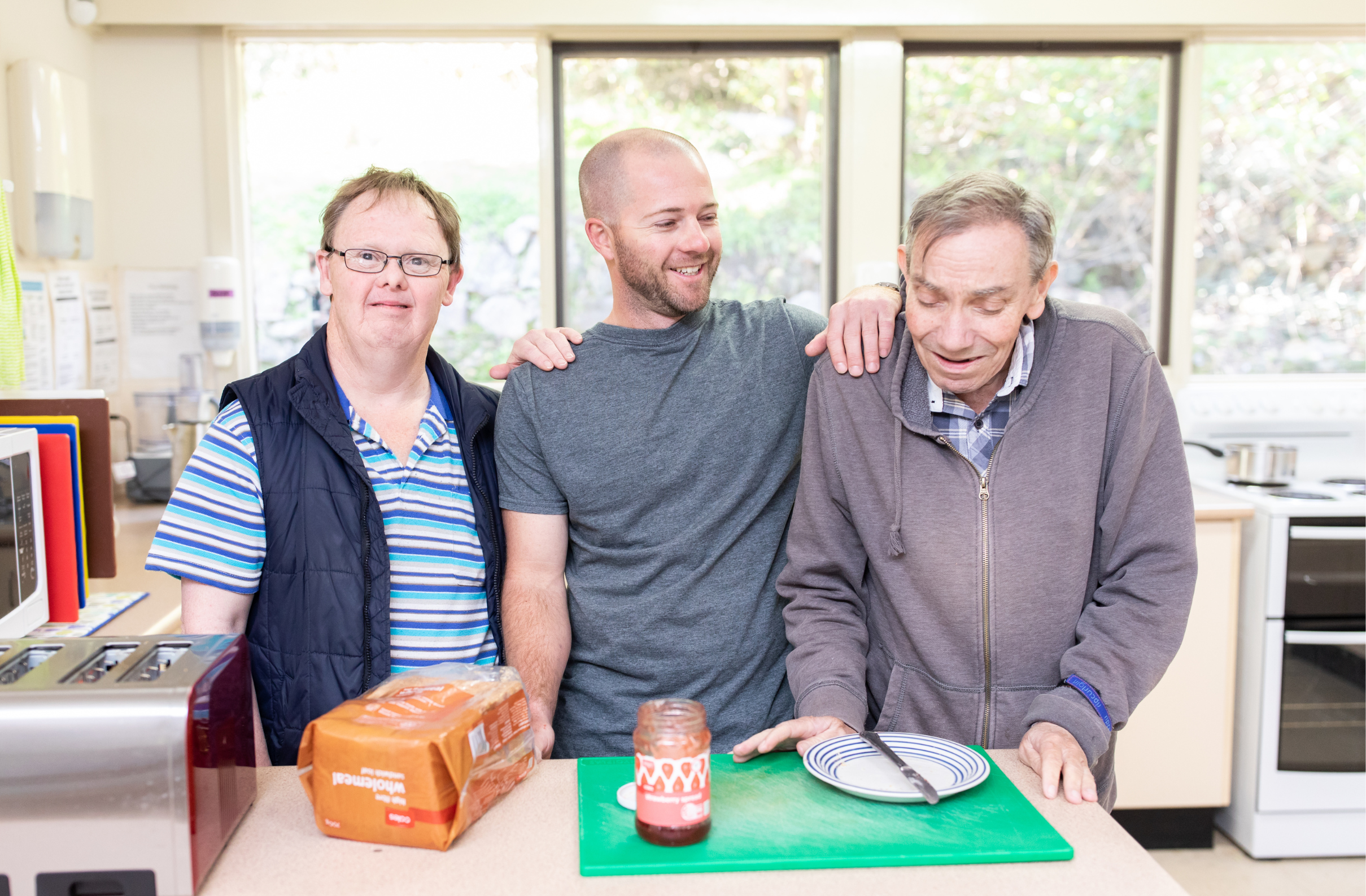When you’ve opened your home and your heart to a child or young person in need, it may be hard to understand why they might have trouble with trust at first. They may shrink back or push you away when you try to comfort them.
They may withdraw and not want to talk to you. They may be defiant or behave in other challenging ways that are difficult for you to manage.
It can help to remind yourself that this behaviour is not directed at you personally. Many children placed in out-of-home care have had their trust shattered.
They may have come from a chaotic home or witnessed distressing scenes such as domestic violence. They may never have experienced a secure and stable home life.
As a result of their past experiences, they may believe that all adults are dangerous. Or they may be afraid that you will abandon them. The more anxious, afraid and insecure they feel, the harder it will be for them to trust you.
Trust is not going to come automatically – it will take time. But by establishing the right environment from the beginning, you can build a strong foundation for a trusting and lasting relationship.
Create a safe haven
A critical foundation for building trust is creating a psychologically safe environment. If a child or young person feels psychologically safe they will gradually become less anxious and vigilant.
A kind, nurturing and stable environment with normal, predictable routines will enhance a sense of security.
From the time the child or young person joins your family, help them get used to how you do things in your household. Clearly communicate routines as well as expectations and boundaries and the consequences of not following the rules.
This will help the child or young person in your settle into your household’s routines and feel more included in your family.
Show them they can trust and depend on you
By being dependable, you become their rock. Even when a child or young person is testing you to your limits with challenging behaviour, or they become extremely agitated and anxious, it’s essential that you stay calm and keep them safe from harm.
Being dependable also means living up to your promises. If you say you will be there at school pick-up time, make sure you’re there.
On the flip side, if a child or young person in your care deliberately breaks the house rules, you need to follow-through with consequences (such as, no screen time).
By consistently doing what you say you will do, the child or young person will learn that you mean what you say.
Don’t give up on them
Even though the child or young person in your care may have had traumatic experiences that affected them psychologically,don’t fall into the trap of thinking they are damaged for life. It takes time to heal from trauma and everyone grieves losses differently.
Trust your own ability to help them through the difficult times and never lose faith in their potential to recover. Your confidence in them will help them build resilience and understand that their life can turn around.
Make sure you are there for them when they need you by listening and offering reassurance in the present as well as hope for the future.
Earning the trust of a child or young person who has experienced trauma, abuse or neglect is likely to be one of your biggest challenges as a foster carer.
These are complex issues, so don’t be afraid to ask for help from a Challenge Community Services experienced psychologist.
It’s not enough to tell a child or young person in your care that you won’t let them down. You have to show them that you are someone worthy of their trust. To earn their trust, you will need boundless patience and strength.
But stick with it and the child or young person in your care will gradually feel safer. As they start to feel more secure, their trust in you will grow. They will become calmer and less anxious and their behaviour will also become easier to manage.
If you are a carer finding it difficult to cope with challenging behaviour, contact your Challenge Community Services Allied Heath or your case worker today.
There are 20,000 children in NSW needing out-of-home care. If you would like to help a child or young person in need, contact Challenge Foster Care on 1800 084 954 or via our online form.













